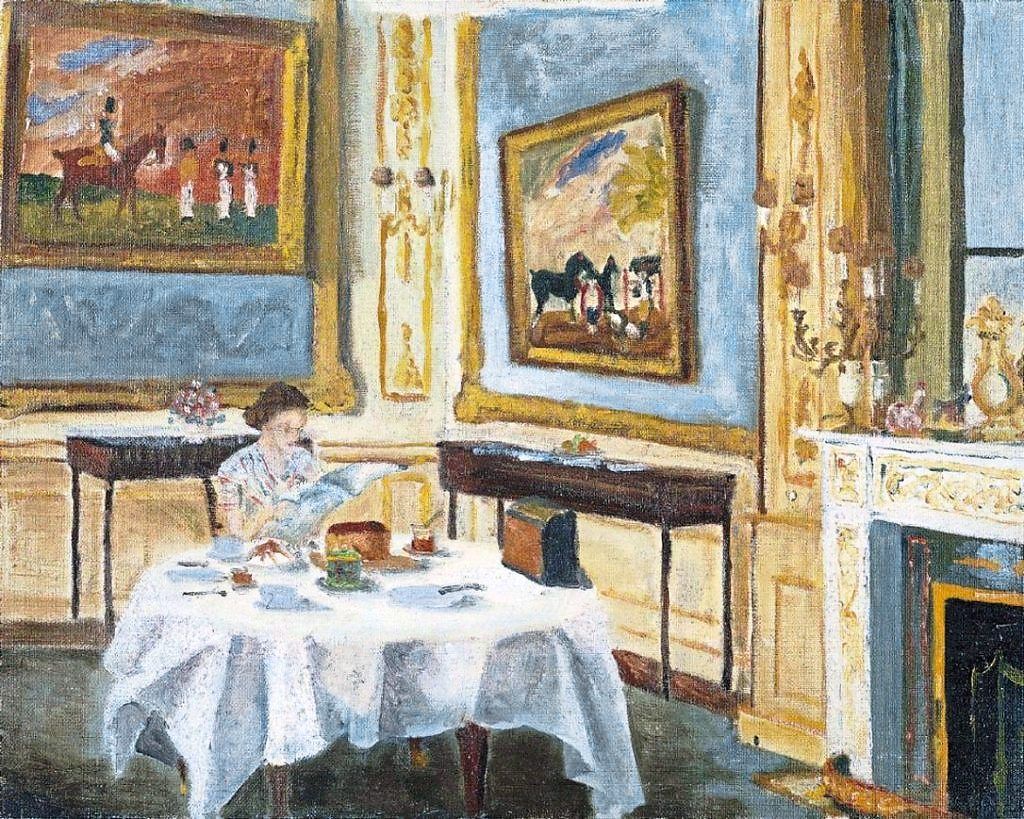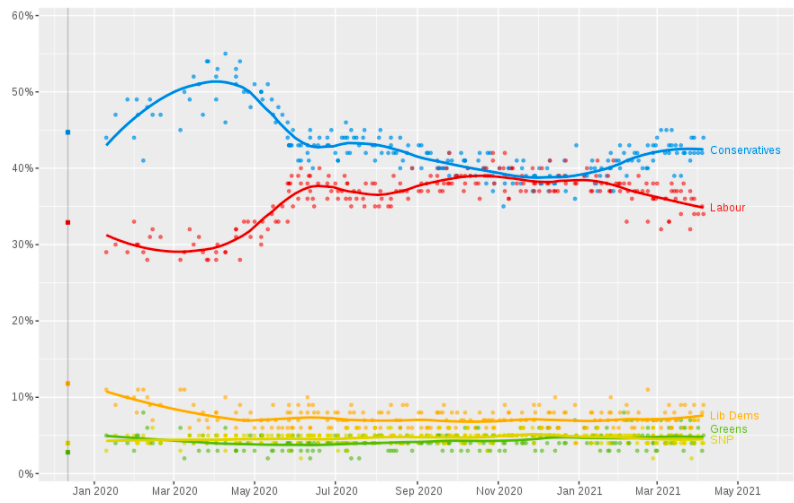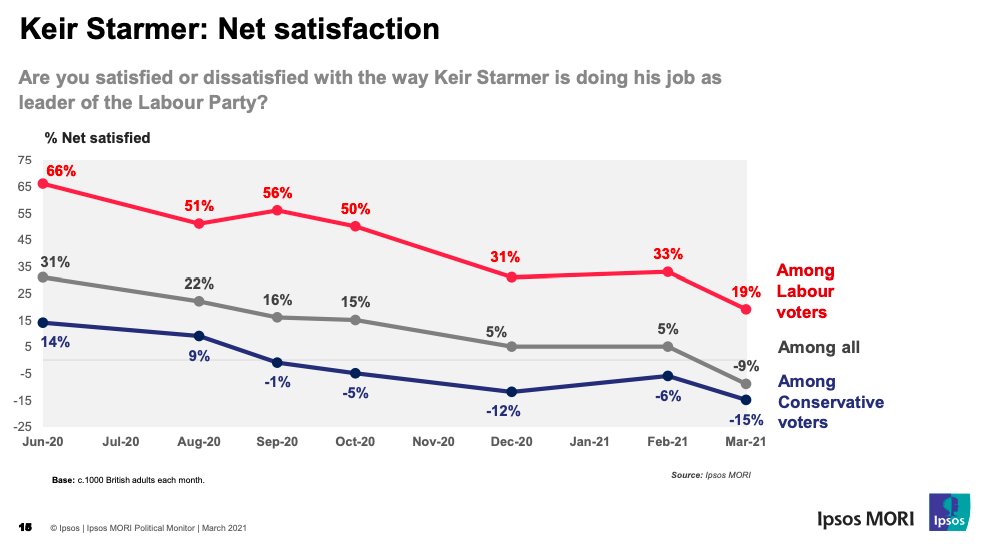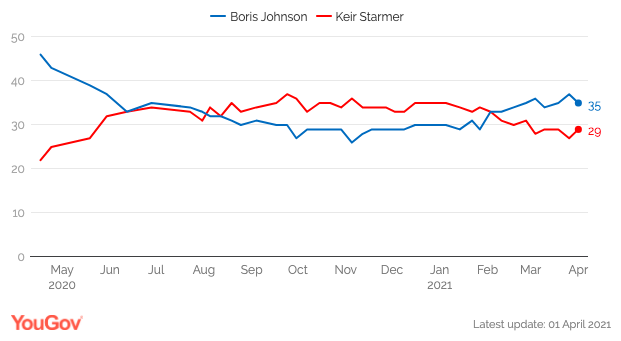The Strategic Research Institute of the Military School (IRSEM), which was founded in 2009 in Paris, issued a report on ‘Chinese Influence Operations’ (P. Charon, J-B Jeangène, 2021). Concerning this Chinese influence in France it’s overwhelming and worrying, particularly the threats to security and the economy which should concern the political elite.
I fully agree with Michael D. Matthews, a high-ranked US officer and psychologist, teaching Military Psychology at West Point, and with what he wrote in his book (2020) ‘Head Strong. How Psychology is Revolutionizing war’: ‘(…) the very success of military operations in the twenty-first century depends more than ever before on psychology’.
Also as a former French Naval Officer and Psychologist I discovered that Military Psychology and Political Psychology go hand-in-hand; it is called ‘Operational Psychology’.
Political Psychology is mainly driven by collective representations deeply grounded in an ‘basic personality’ (H. Deutch) as a norm to assess our own personality or other’s as westerners or easterners for instance. This feeling of belonging is also reinforced by familial, cultural, religious, ideological and historical representations of the motherland. The Operational Psychology may be aimed at using these representations to facilitate collective trust or on the contrary collective distress by the means of all necessary psychological knowledge.
However this viewpoint is still a controversial topic between civilian psychologists and military ones in our democracies. According to the American Psychological Association psychological knowledge should be used only for the benefit of human beings. It is self-evident in peacetime.
It is less relevant currently with China which plays out internationally the ‘game of Go’ as we’ll see.
Although traditionally the French culture in the military is reluctant to consider operational psychology as armed force, the IRSEM report seems to take into account this practice of psychology in modern warfare. Previously the psychological context of military operations (psychological strength and weakness of the target population as well as those of military personal involved in it) was seldom assessed as information of first value.
Moreover officially there is no task force dedicated exclusively to war psychology with ‘spin doctors’ (even the ‘Scientific committee’ for the sanitary crisis management has no shrink!) .
However ‘here we go again’ (Afghanistan, Mali and now…….Taïwan).
While I feel comfortable with the U.K’s envisioning of the geo-strategic horizon for 2030- 2050, based on the rise of continental power–blocs and their political influence (BRIC’s), especially in the Indo-Pacific zone or in Africa, I feel uneasy about the E.U. and French attitudes. Indeed, while the Royal Navy is already manoeuvring in the Indo-Pacific zone and Taïwan is ready for a confrontation due to Chinese intimidations, nothing significant seems to be moving in my country apart from some mixed- messaging as described below.
Indeed Matthew Strong wrote in Taiwan News (2021/10/13) “French Defense Minister Florence Parly acknowledged on Tuesday (October 12) that the country had sent a naval signals intelligence vessel into the Taiwan Strait.
Although Florence Parly did not reveal details on the timing of the ship’s voyage, the 3,600-ton Dupuy de Lomé was sighted in Guam in August and left Japan on October 1, according to a Naval News report.
She pointed out that the recent increase in the number of Chinese planes violating the Taiwan Air Defense Identification Zone (ADIZ) has caused an increase in tensions that could have serious consequences. According to Florence Parly, the mission of the French ship should be understood as an expression of support for international law and freedom of navigation.”
Unfortunately, psychologically speaking, the ‘mixed-messaging’ is the worst strategy of communication because it conveys a conflict avoidance attitude and therefore a potential surrender.
It is how Jacob Benjamin understands the situation (« French naval activity in the South China Sea on the rise », July 7, 2021): « While it is undeniable that France was active in the South China Sea in the first half of 2021, it is important not to « exaggerate » these naval operations. First, naval trips do not really stop China or anyone else from expansionism in the South China Sea, although they do show renewed determination and strategic interest in the water body. Second, a country’s navy can be used primarily as a means of strengthening relations with friendly powers in the region like Indonesia. Third, the Chinese state has been relatively silent on the French crossings of 2021, especially in relation to Beijing’s sharp reactions to US FONOPs. France, like most Western countries, has mixed messages about China. Is there a trend of increasing French naval activity in the South China Sea? Yes, but it is important not to overestimate this evolution’.
Meanwhile China is determined in its use of operational psychology as an armed force to deter or eliminate whoever is a hurdle for its hegemony. This is why I present a sample of both (i) a relevant analysis on China as a master of psychological warfare and (ii) the illustration of the French military attempt to stop underestimating psychological processes at work in the modern war.
A small but useful extract from the IRSEM report (‘III- Psychological Warfare, in ‘Chinese Influence Operations, p. 47), has been translated by me into English below. It’s short but summarises ‘Operational Psychology’ as the constant mix between psychology and war, as well as including a description of China’s current influence, viewed through the lens of French specialists (and their thinking mode). The whole document of 646 pages is available on open access on the web.
III- Psychological warfare (IRSEM, 2021, Chinese Influence Operations, pp 47):
‘Psychological warfare is used to demoralize enemy forces, to dissuade them, make them doubt, even terrorize them in order to undermine their capacity and their will to fight.
It is used to break the bond of trust between rulers and ruled, disrupt the decision-making process of the enemy country. In other words, it is used to defeat his enemy without even having to fight him.
Strictly speaking, psychological warfare is used more in wartime than in peacetime, unlike public opinion war which is constantly implemented, whatever the level of tension.
A work published by the APL distinguishes four types of psychological warfare: » coercion « (威慑), which seeks to force the other to adopt a certain behaviour; « the mystification ”(欺 2 诈), which confuses and misleads; « The division » (离间) in exploiting all the potential loopholes and dissensions within the enemy country and paralyzes the decision-making process, breaks the motivation of the resistance and the confidence of the people; and finally, « defense » (防护) to guarantee the morale of its own troops, when they are the target.
All these actions carried out against the ethnic Uyghur minority in China and abroad by the Chinese Communist regime are an example of psychological war as well as chemical one (but also a physical one), which might mainly correspond to the coercive type presented above.
Random arrests, mass internment, forced labour, digital tracing, frequent checks, forced sinization, “re-education” of children, destruction of places of worship, harassment, sedentarization
… ……the Uyghurs, a Turkish-speaking ethnic group predominantly Muslim, are the subject of violent repression, in the name of the fight against religious extremism. It is estimated that three million Uyghurs are now interned. Women undergo forced sterilization, and other “measures intended to prevent births within the group” which are part of the acts constituting a crime of genocide. The prisoners would also be victims of organ harvesting (as Beijing openly did on its death row inmates until 2015) used to fuel a vast traffic in « halal » organs destined to Gulf countries. There are many given evidences that prove that the Uyghurs are terrorized, feared that their slightest word or gesture could be used against them, do not dare to address and speak to strangers, do not know if they will ever be able to see their missing loved ones again.
Their fear of central power follows them beyond Chinese borders, even when some of them manage to flee to another country. This psychological warfare aims to force the Uyghurs to adopt the behaviour that the central power wants: to be submitted to it.
This example reminds us that the « Three Wars » are not addressed only by external threats: any threat to the Party, whether internal or external, must also be annihilated.
Another example: actions taken by Beijing to paralyze enemy decision-making power during the Sino-Indian confrontation on the Doklam plateau in the summer of 2017 is also an illustration of different types of psychological warfare presented above.
The Party-State has not hesitated to utter threats such as: « The conflict will escalate if India does not withdraw its troops”….“Indian provocations will trigger an open conflict”….“ The countdown has started ”, in particular via its media, the Global Times.
This newspaper also claimed that the Indian Foreign Minister Sushma Swaraj lied to the Parliament when she claimed that India enjoyed the support of the international community.
China did not limit itself to mere words in an attempt to intimidate its adversary: videos showing Chinese military exercises in Tibet, not far from the border with India, were broadcast; military equipment and logistics material have been moved near the conflict line, thus suggesting a possible escalation of hostilities; and memories of Chinese victory in the 1962 Sino-Indian conflict were revived to demoralize the fighters. The role that this psychological warfare campaign played in resolving the conflict remains uncertain and difficult to measure.
There is also a third example of psychological warfare instrumentalising the exercises of the Chinese military in the Taiwan case’.
Conclusion:
Nowadays there is no more a clear dividing line between wartime and peacetime. ‘Hybridization’ (Jean-François Gayraud, 2017) is the new concept to define our modern warfare (info war, terrorism, PMCs, …).
It is a cognitive distortion to believe that the nuclear threat deters potential enemies. The new target is the citizen’s mind with thoughts, emotions and behaviours. The goal is to win before any kind of armed confrontation and shape the targeted ‘public opinion’ to accept the defeat or to wrongly think that predatory behaviour is a kind of friendship.
Trust in our values, representatives and institutions is the main asset of democracy but also the central target of psychological war because commitment, competence, caring and predictability are hard to put together at the same time.
It is commonly accepted that when we are dealing with uncertainty and risk (Psychology of Risk, G.M. Breakwell, 2014), personality, motivation and communication are key elements in building trust and make resilience effective.
Conversely, operational psychology sometimes is aimed at putting people in a stressful situation by manipulating (1) the perception of risks (psychological framing) and (2) their feelings and emotions which are linked to them (psychological distress).
The “Asch effect” is a well-known phenomenon in social psychology based on cognitive dissonance: people have less and less confidence in their own perceptions. Prof. Cialdini studied the ‘social proof’ phenomenon which is a confirmation of it at a wider scale.
At the extreme end of the spectrum of reverse psychology, there is the « learned feeling of helplessness » (Prof. Seligman): people give up fighting or surviving.
This is what the Chinese influence operations highlight and it’s time to be aware of this strategy of psychological grip. The time has come to think out of the box.
Serge Giammertini (PhD)
Member
British Conservatives in Paris (BCiP)





